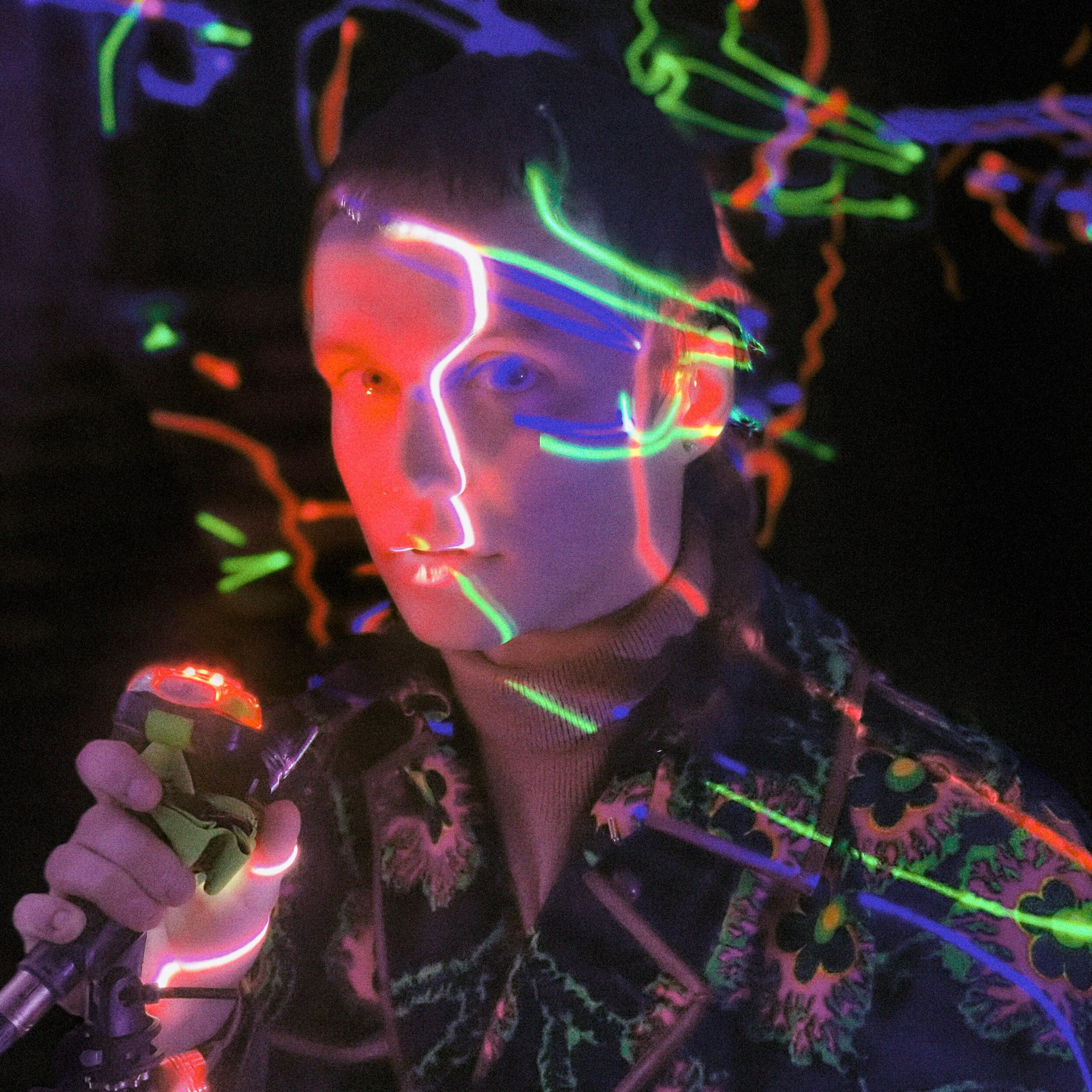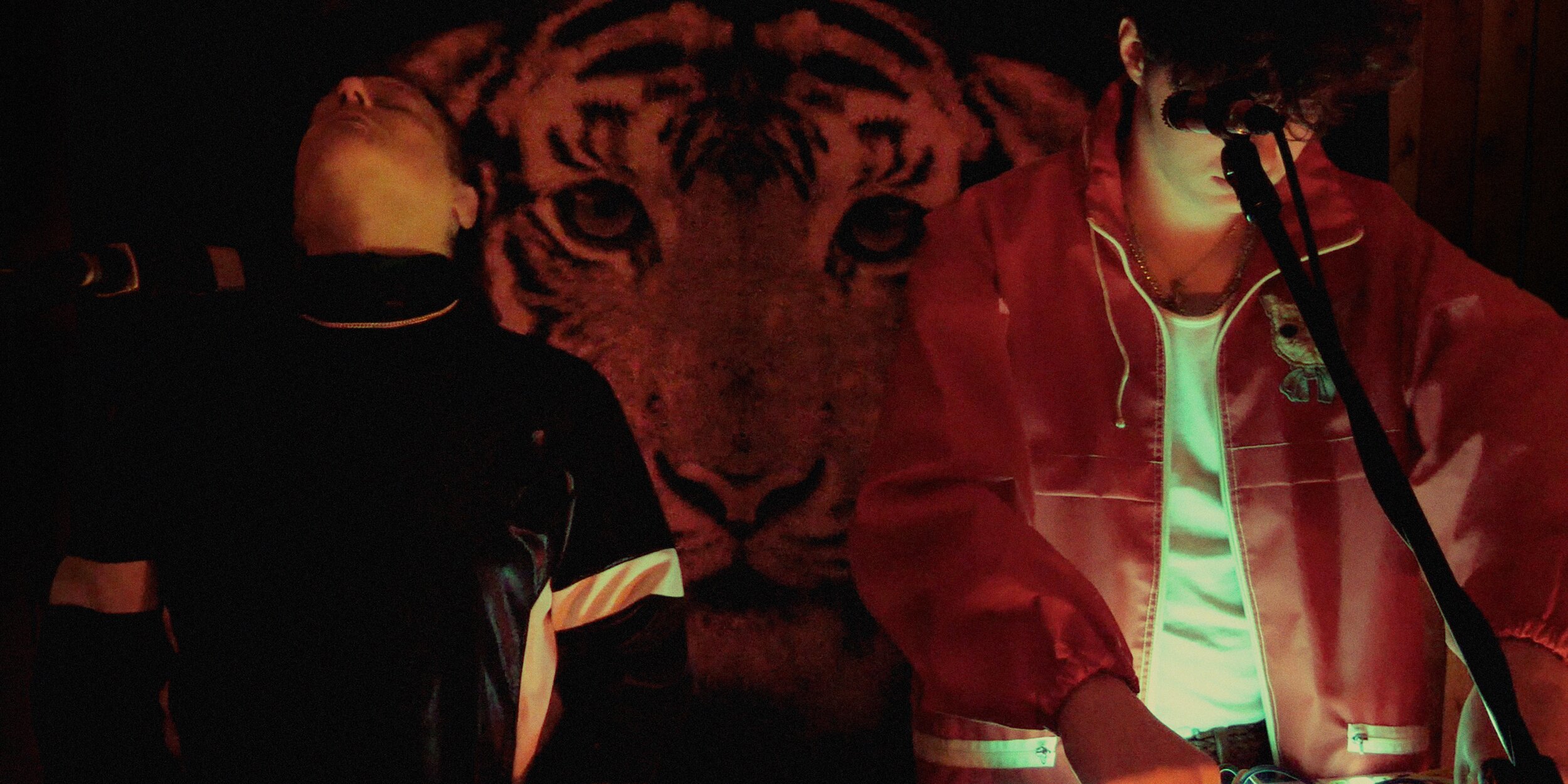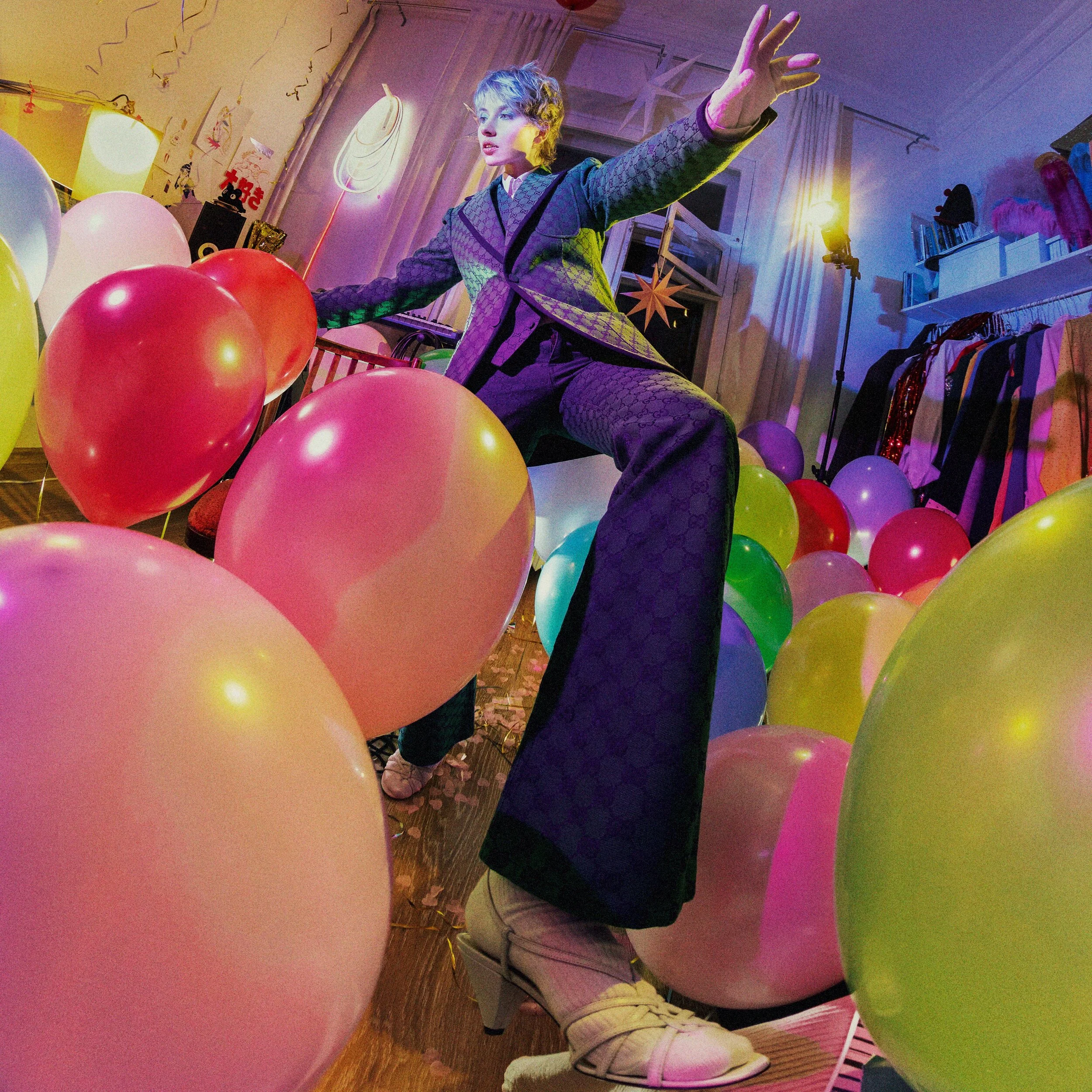Lauren Byfield.
‘What’s my set-up saying?’ asks model and fashion creative Lauren Byfield, via FaceTime. We laugh, both in agreement that it’s nice to have a reason to get out of bed and put some real clothes on. Lauren is sitting at a desk in her bedroom on the top floor of her South East London flat where she is blessed with a boundless supply of impeccable natural light – perfect for video calls. Her set-up is near flawless and she has nothing to fear.
Born and raised in Nottingham, Lauren moved to London in 2014 to study Fashion Styling and Production at the London College of Fashion, followed by a stint at ASOS as a fashion assistant, before being given her first modelling opportunity in 2018. ‘I always knew I wanted to work in fashion,’ she says, her buttery Midlands twang trickling through ever so slightly. ‘I think my Caribbean heritage has always played a part in terms of how my culture influences my style.’
For her Perfect photoshoot, Lauren was photographed by Jamaican-born Amber Pinkerton and styled by Ghanaian-English Jeanie Annan-Lewin. ‘It was a dream, honestly, one of my favourite shoots ever. Sometimes you go to a shoot and you’re just so nervous because you don’t know if this person is used to shooting Black bodies. On Amber and Jeanie’s set, I felt so happy, so confident, so considered.’ And there you have it, a rarity in the fashion industry: a young Black woman feeling utterly at ease in the familiar hands of a Black female photographer and stylist.
Do you feel that Black women are held to higher standards?
You know how there’s Black excellence but then there’s white mediocracy? So me being a Black model, when I come on to set, I do feel a burden, because I don’t feel as though my opportunities are as frequent as I’d like them to be. And I think that puts a certain amount of pressure on me to over-perform when, actually, I’m still quite early on in my modelling career. I’ve still got so much to learn and I don’t feel like there is as much space and grace for me in terms of learning and development. I definitely feel the burden of the white gaze. I sometimes don’t feel like practitioners really take into account that it is a Black body that you’re dealing with. So even though you have these references and these visuals and you think that it’s going to lead to a particular outcome, you actually have to really bear in mind that the body in shot is a Black female body and our bodies hold a different context to a white body. Our body is perceived in a completely different way to a white body.
The Black female body is a place of politics in the sense of our features, how we move it, how we hold it – the history of our body – all the trauma and labour that our bodies have been through. And I feel that when Black bodies are being photographed, especially nude, we need extra care. It’s something that really needs to be done consciously and thoughtfully, just so that the model is not walking away feeling uncomfortable and as though she has no control. A lot of people, cis men specifically, feel like they have so much autonomy, control and say over a woman’s body. There’s so many layers that need to be considered, and I feel that’s why it’s a powerful thing when a woman is able to get in front of the camera, especially when she has grown up not feeling seen or positively represented within the media, and is then able to show herself: every roll, curve and flaw. When there is a Black body that we are not used to seeing – and we haven’t been spoon-fed it for centuries – being propelled and put into the light, it is a really powerful thing. And I don’t think that’s something that people should take lightly.











